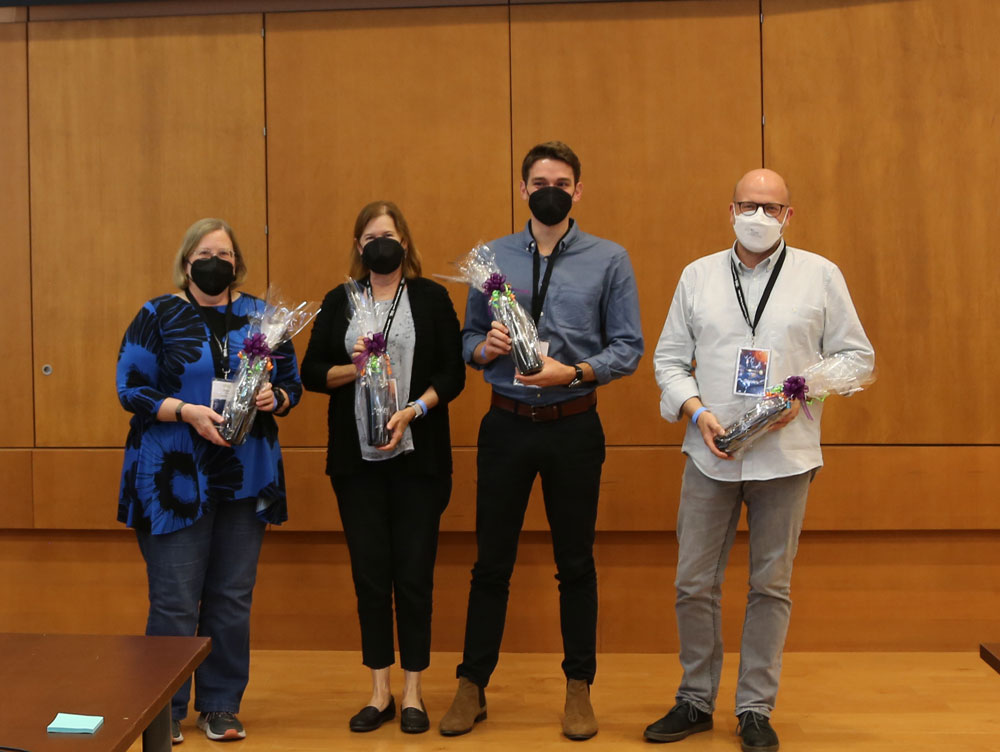Workshop Overview:
Long-period comets (LPCs) and interstellar objects (ISOs) are under-explored yet fascinating targets for planetary science, planetary defense, and astrophysics. LPCs contain volatiles preserved from the formation of the solar system and sampling those pristine ices would provide key data points to constrain the temperature and chemistry of the protoplanetary disk and early solar system dynamics. ISOs are mysterious targets of which we have only identified two so far, but are predicted to be numerous. ISOs are samples of exoplanetary systems and their in-situ exploration would bring additional perspective to our understanding of the solar system formation.
While fascinating, these targets also are extremely challenging to explore closely, often arriving with little lead times, with extremely high energies, and on poorly constrained trajectories. To date, no dedicated spacecraft has been sent to explore an ISO or LPC. The short detection times before solar system departure associated with ISOs are incompatible with traditional spacecraft development schedules and funding timelines. Near Earth Object (NEO) exploration and, especially, potentially hazardous asteroid (PHA) mitigation and planetary defense share similar characteristics. The short-notice of a PHA would necessitate similar technical strategies to rapidly mitigate a potential impact.
This one-week KISS workshop will unite experts in small bodies science, relevant instruments, ISO and LPC design, and mission implementation to tackle some of the most challenging aspects of developing and executing a mission to an LPC, ISO, or NEO. While the community has been unable to obtain key measurement requirements for the past LPCs and ISOs that have flown near Earth, through focused study, community building, and concept development, we can work to ensure that there are no more missed opportunities in the future!




























